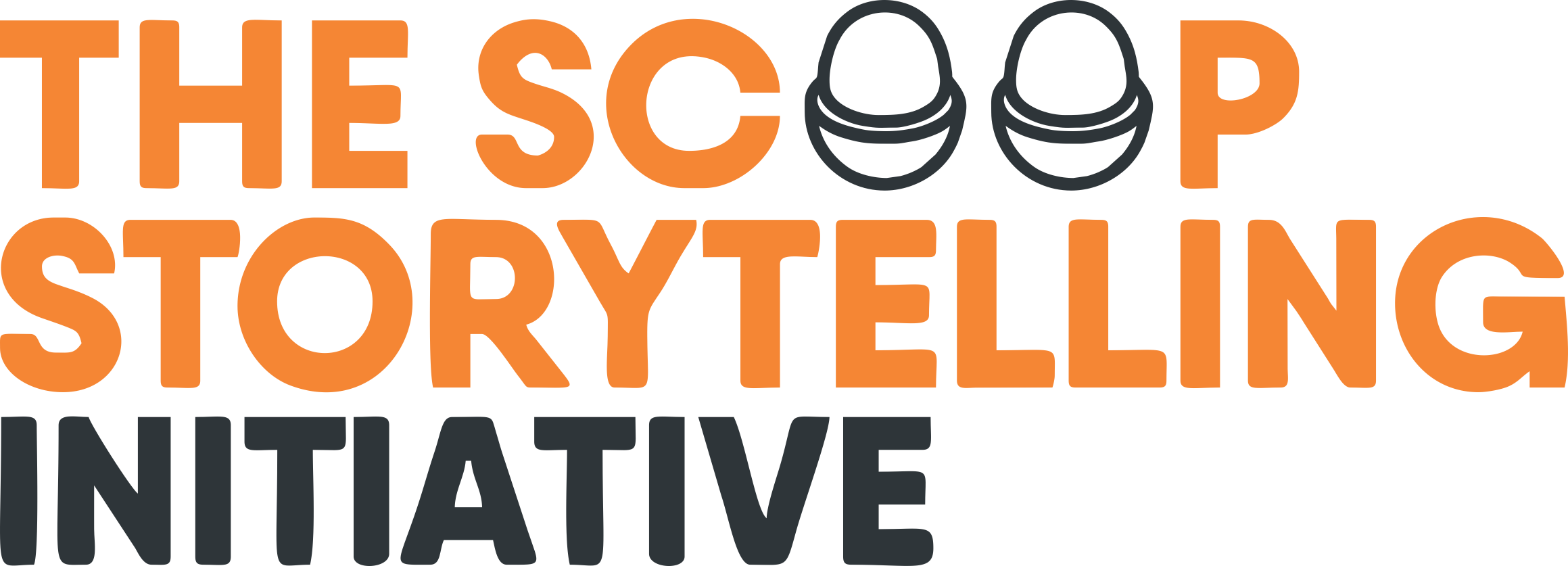The inaugural West Africa Journalism Innovation Conference (WAJIC) 23 concluded on a high note, leaving over 300 journalists from across the region empowered with invaluable insights and tips.
Spearheaded by the Centre for Journalism Innovation and Development (CJID), the conference fostered unprecedented collaboration among journalists, media experts, academics, policymakers, and government institutions, yielding an astounding success.
WAJIC 23 broke walls and advocated innovation in modern journalism, thanks to its partnership with the MacArthur Foundation. The transformative work of the Centre for Journalism Innovation and Development is now making waves not only in Nigeria and Africa but also on a global scale, with groundbreaking interventions, partnerships, and collaborations in the media space.

One of the standout voices at WAJIC 23 is Idris Akinbajo, the Managing Director of Premium Times. He shed light on the significant gap between classroom education and the evolving needs of journalists. Akinbajo underscored the importance of staying connected to data journalism and keeping abreast of the rapid evolution in the industry. Furthermore, he delved into the emerging concept of Artificial Intelligence (AI) in journalism, recognizing its potential to revolutionize reporting.
Adding her wisdom to the conference was Prof. Audrey Gadzekpo from the University of Ghana, Legon. As a Lecturer in Communication, Prof. Gadzekpo emphasized the need to understand students’ needs and bridge the gap between journalism education and the industry’s demands. She called for a reevaluation of agendas and strategies to address the challenges faced by journalists in meeting diverse expectations.
The impact of the internet on journalism cannot be overlooked, and WAJIC 23 sparked conversations about the importance of the new generation of journalism. Dr Williette James of Fourah Bay College, Sierra Leone, passionately tackled the ethics of journalism. She raised concerns about untrained journalists staining the reputation of the profession through unethical practices, such as accepting brown envelopes and compromising stories for personal gains. Poverty in journalism emerged as a major root cause, with Dr James highlighting the significance of individual self-discipline and integrity in upholding journalistic ethics.
To combat unethical trends, Prof. Umaru Pate, Vice Chancellor of Federal University Kashere, proposed the establishment of an ethical committee within media organizations to ensure checks and balances. Challenging the notion of poverty in journalism, Prof. Pate asserted that innovation is the key to financial success in the media industry.

The keynote address by Richard Gingras, Vice President (News) at Google, echoed the importance of professionalism in journalism. Gingras emphasized the potential of AI as both resourceful and potentially destructive, depending on its application. He encouraged journalists to understand the linguistic nuances and cognitive capabilities of their audience to craft impactful stories. Advocating for journalistic advocacy, Gingras highlighted the role of journalists as advocates for their communities, promoting transparency, democracy, and sustainable development in West Africa.

Inclusivity took centre stage at WAJIC 23, with prominent voices like Abosede George_Ogan, Founder of Women in Leadership Advancement Network, and Grace Jerry, Founder of The Inclusive Friends, emphasizing the media’s power to shape perceptions and foster gender inclusion. Jerry also stressed the importance of accurate reporting when covering individuals with disabilities, advocating for respectful terminology that promotes inclusiveness.
Concluding the conference on a powerful note was Jude Ilo, Acting Executive Director of the Centre for Civilians in Conflict (CIVIC). Ilo urged journalists not to shy away from marketable inclusion, embracing diverse perspectives in their reporting.
The enlightening sessions on accountability journalism shed light on the challenges and sustainability of the practice. Journalists shared their experiences, underscoring the need for media organizations to collaborate and propagate transformative ideas.
WAJIC 23 undoubtedly unleashed a media revolution, empowering journalists to embrace innovation, uphold ethics, and become advocates for their communities.
The impact of this groundbreaking conference is set to reverberate throughout the media landscape in West Africa and beyond with the Scoop storytelling initiative being one of the beneficiaries.

